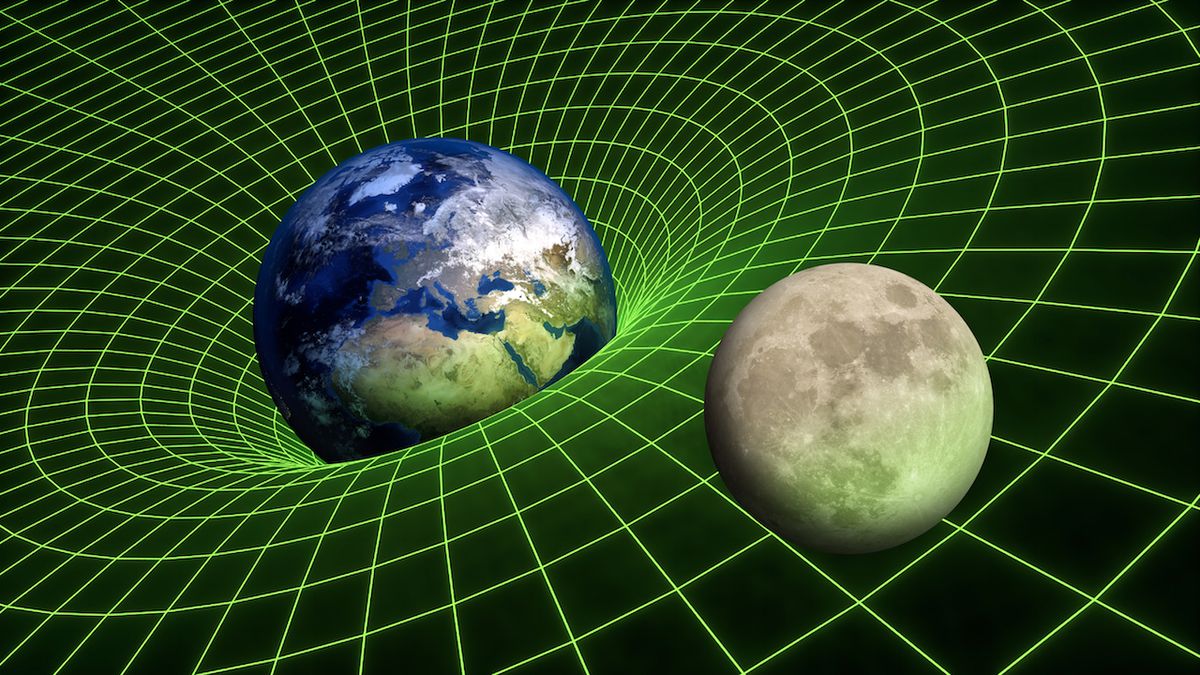Gravity is a fundamental force of nature that attracts objects towards each other. It is the force that keeps us grounded to the Earth and the planets in their orbits around the Sun. While we may take it for granted, gravity plays a crucial role in shaping the universe as we know it.
Newton’s Law of Universal Gravitation
Sir Isaac Newton, a renowned English physicist and mathematician, formulated the Law of Universal Gravitation. This law states that every particle in the universe attracts every other particle with a force that is directly proportional to the product of their masses and inversely proportional to the square of the distance between them.
The Effects of Gravity
Gravity has a profound impact on the universe. It is responsible for:
- The formation of planets, stars, and galaxies: The gravitational attraction between particles of matter caused these celestial bodies to form.
- The motion of celestial bodies: Planets orbit the Sun due to the gravitational pull of the Sun. Moons orbit planets for the same reason.
- The tides on Earth: The gravitational pull of the Moon and Sun causes the tides in the Earth’s oceans.
- The shape of the Earth: The Earth’s slightly oblate shape is due to the centrifugal force caused by its rotation and the gravitational pull of the Moon.
The Theory of General Relativity
While Newton’s law of universal gravitation provides a good approximation of gravity, Albert Einstein’s theory of general relativity offers a more accurate and comprehensive explanation. According to general relativity, gravity is not a force but rather a curvature of spacetime caused by the presence of mass or energy.
The Future of Gravity Research
Scientists continue to study gravity and its effects on the universe. They are exploring the possibility of gravitational waves, which are ripples in spacetime caused by massive cosmic events. Understanding gravity is essential for our understanding of the universe and its origins.
